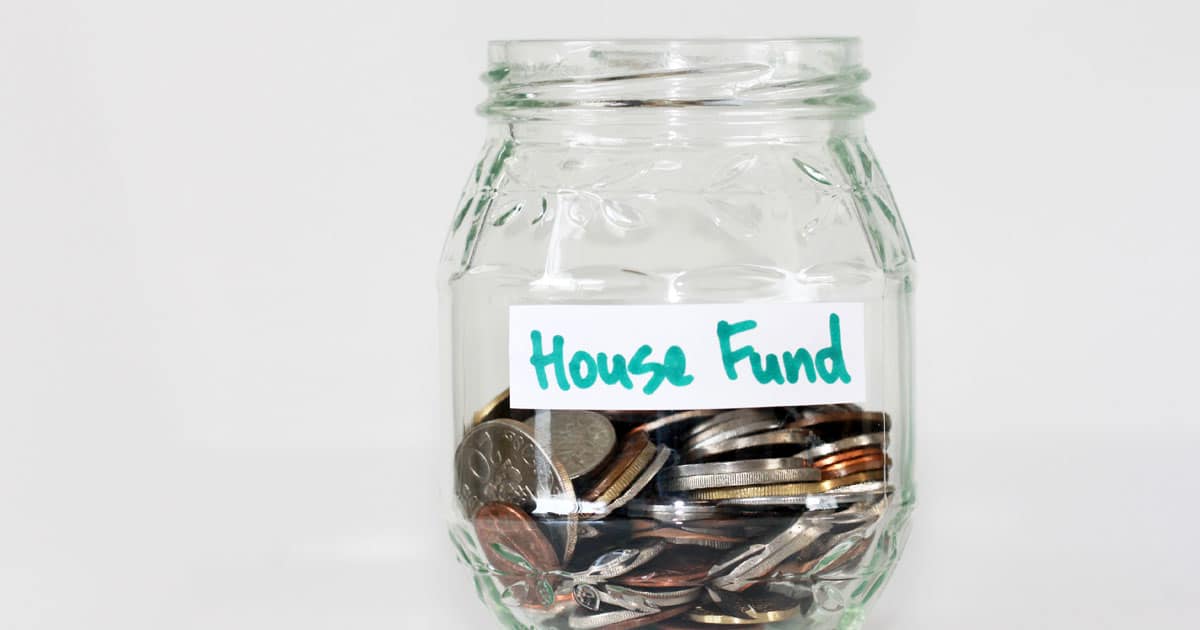Real estate is usually seen as one of the safer bets for investment. The phrase, nothing safer than bricks and mortar are as true now as at any time before. But, it’s not always painless to get on the property ladder in any form.
First-time buyers are wary of the high price of property now. And mortgage rates may go even higher as a result of Fed interest rate hikes. For those involved in fixing and flipping, the borrowing options are different. Banks are less likely to approve mortgages for distressed houses.

So, different types of property investors need different types of real estate loans. An investor in commercial property might need several channels of financing. But, someone looking at a house-flipping project might need a short-term bridging loan.
Where can you find financing for a real estate investment?
There are a number of routes available for anyone needing a loan for real estate investment. However, not all real estate loans are suitable for every project.
Different types of loans include standard mortgages, refinancing options, hard money loans, and bridging loans. These loans come from different sources, and they include the following.
- Banks
- Peer-to-peer lending
- Hard money lenders
- Angel investors
- Private money lenders
- VA loans
- Seller financing
Banks are the traditional route most people take to obtain a mortgage, but there are different types such as FHA loans.
Peer-to-peer lending is an option for those who wish to bypass traditional mortgages. Peer-to-peer financing is where a borrower and lender are matched through an app. And there are other options, but which one is most suitable?
What are the most suitable lending options for your real estate project?
Young entrepreneurs can grow wealth through fixing and flipping, but financing is a must. Getting the wrong type of loan could see any potential ROI swallowed up by interest rates and penalty clauses.
One consideration is the length of the loan. Some loans are more suited to short-term borrowing, and others are designed to last years.
Here are some examples of how loans can be used in real estate investment.
Buying a home
For some, real estate investment starts and stops with buying a house to live in. One survey by the Harris Poll points toward 28 million Americans buying a home in 2023.
For the majority of these people, a traditional mortgage will be the best option. And the most likely lending option will be from a bank or typical mortgage lender.
A commercial property investment
This type of project often involves large sums and potentially substantial risk, which is why several investors may be approached to share the cost. Therefore, consulting commercial property agents london (or in another location) to identify lucrative investment opportunities, evaluate market conditions, and ensure the project’s feasibility can be a wise step before borrowing money for the investment.
Once this is taken care of, angel investors and private money lenders can be sought for commercial property investment. However, hard money loans and peer-to-peer lending are also viable lending channels to consider.
Buying a home before a sale completes
There are many reasons why owning a home is better than renting, and the long-term ROI is one of them. Yet, sometimes a chain can cause cash flow problems. Ideally, when you buy property as an investment, the cash will be in place to complete the paperwork. But, sometimes there can be a hitch in selling another property which causes cash flow issues.
In these cases, bridging loans are used. These loans can come from banks, private money lenders, or in the form of a hard money loan.
A construction project that has stalled
Similarly, construction projects sometimes stall due to budgets being exceeded or financing falling through. Sometimes there are unexpected expenses to be made.
Hard money loans are an option for getting stalled projects started again. Hard money loans can be leveraged against the property being built, and they are designed for short-term use.
Extending an existing home
A home project or an investment in an existing build will need financing. If the home is already mortgaged, then refinancing can be an option.
Cash-out refinancing allows homeowners to take equity out of a home with the amount owing being added to the principal mortgage. Alternatively, HELOC or home equity line of credit can be obtained. This lets a homeowner use their house as collateral against borrowing.
Distressed property purchase
A distressed property needs renovations and repairs. These are the type of properties that house flippers like to buy, as do cash-for-home buyers.
However, banks and mortgage lenders traditionally shy away from this type of real estate investment. People fixing and flipping houses will often look at hard money loans for financing.
Summary
There are even more options for financing real estate investments than mentioned here. But, these are quite typical choices for the most common ways of getting into real estate investment.
Hard money loans are suited to bridging cash flow problems as they are designed as a short-term solution. Peer-to-peer lending may suit anyone who wishes to avoid traditional financing options. Yet, mortgages are still the most common choice for those who simply wish to get a foot on the property ladder.
